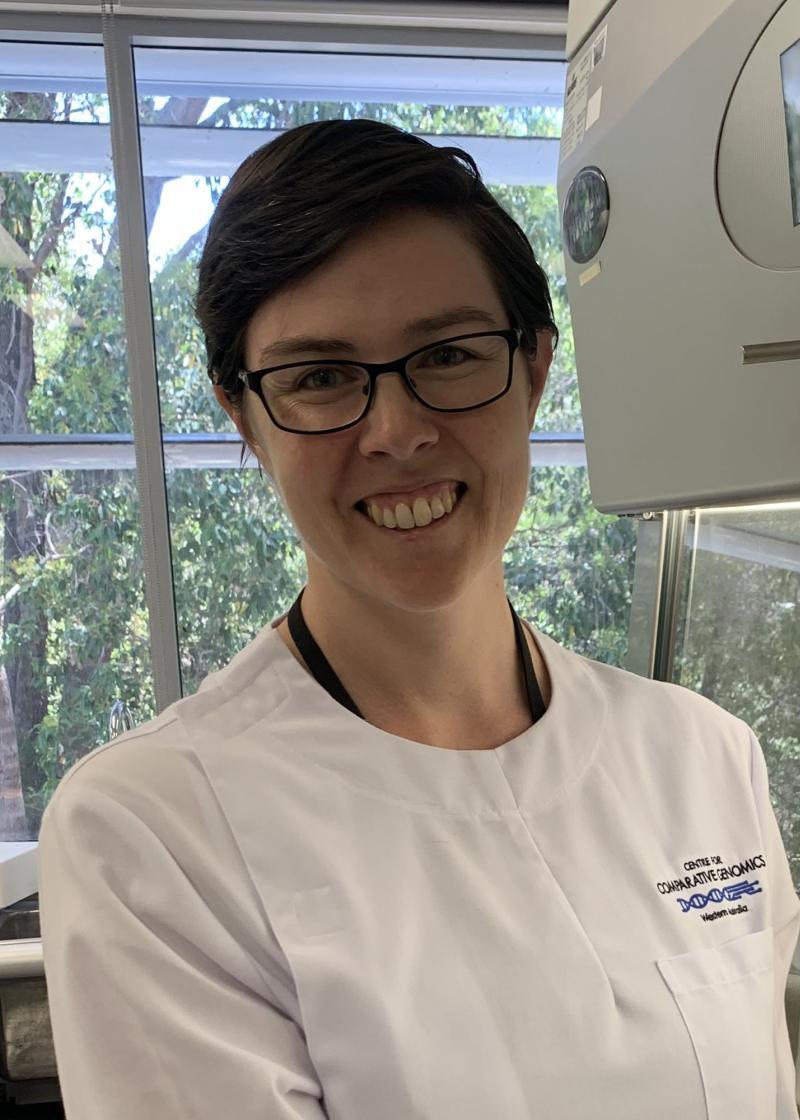Sarah Rea
Defining the role of p62 in dementia

Award
2013 AADRF Postdoctoral Fellowship
Status
Completed
Start Date
28 July 2014
About the project
Frontotemporal dementia can display similar neurological traits as a form of motor neurone disease, commonly referred to as ALS. However, it has only recently been suggested that this may be the result of an alteration to a gene that encodes a protein known as p62. While much is known about the function of p62, little is known about the many different cellular processes that this protein regulates and how the alterations to the gene that encode p62 are linked to dementia. Dr Rea’s research will define the role of p62 and the results of her research will provide important insights into the molecular basis of dementia and may identify p62 or specific interaction partners as potential therapeutic targets.
Recently mutations in the SQSTM1 gene, coding for p62, have been identified as a rare cause of frontotemporal lobar dementia (FTLD) and amyotrophic lateral sclerosis (ALS). Intriguingly, four of the reported mutations also occur in patients with Paget’s disease of bone (PDB) and we have identified an ALS mutation (K238E) in one of our PDB families. p62 is a scaffold protein in NFκB signalling in neurons and bone cells and regulates the Nrf2 oxidative stress signalling pathway. In addition, p62 is a critical regulator of proteolysis via both the autophagy-lysosomal pathway and the proteasome. Defects in both autophagy and Nrf2 signalling have been linked with neurodegeneration recently.
We, and other researchers, have shown that PDB-associated p62 mutant proteins, including those identified in dementia patients, affect NFκB or Nrf2 signalling and also lead to defective autophagy. p62 is also regulates tau aggregation and degradation; this microtubule protein is often implicated in neurodegeneration, including FTLD. Thus, we hypothesise that FTLD/ALS with p62 mutations may share a common pathobiology that converges on defective autophagy with reciprocal effects on cell signalling. We will investigate this hypothesis and will additionally perform a preliminary study to further define the role of p62 in tau regulation.
Where are they now?
Dr Rea is a Research Associate at the Centre for Medical Research, University of Western Australia. She began her two year AADRF fellowship in early 2014.
